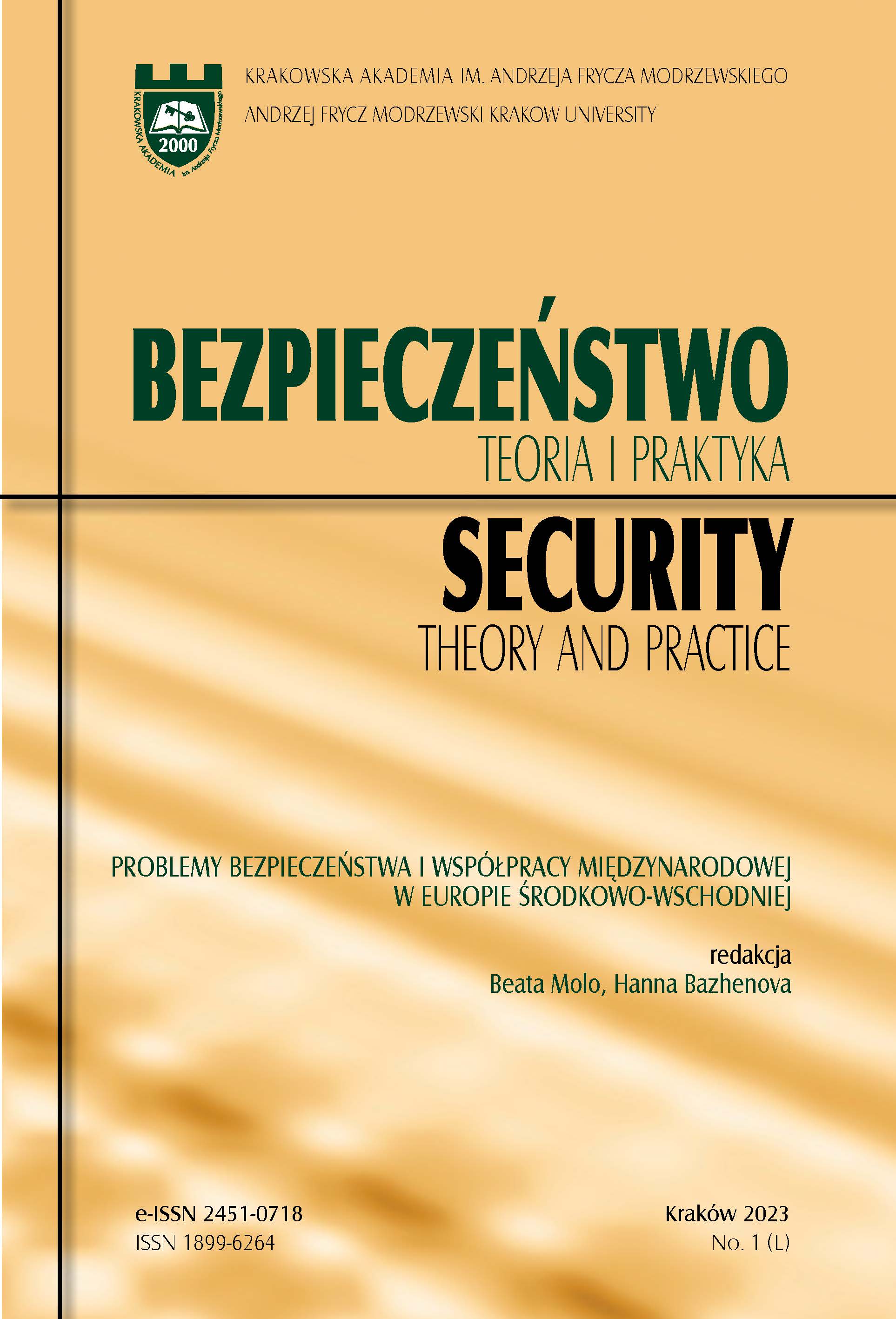Niemcy wobec postkomunistycznego bloku w Europie Środkowo-Wschodniej w latach 1990–1995
Germany towards the post-communist bloc in Central and Eastern Europe from 1990 to 1995
Author(s): Bogdan KoszelSubject(s): Politics / Political Sciences, Politics, History, International relations/trade, Security and defense, Transformation Period (1990 - 2010), EU-Accession / EU-DEvelopment, Geopolitics
Published by: Oficyna Wydawnicza AFM Uniwersytetu Andrzeja Frycza Modrzewskiego w Krakowie
Keywords: Germany; Central and Eastern European countries; establishment of new Relations;
Summary/Abstract: The paper looks at the involvement of united Germany in the stabilisation and free market reforms in five former Eastern Bloc countries – Poland, Czechoslovakia (from 1993 on: the Czech Republic and Slovakia), Hungary, Romania, and Bulgaria – in the years 1990–1995. The text offers an overview of the multifaceted debates held in Germany at that time on the country’s need to do so and its interest in this particular area of Europe, pointing to the reasons why Germany, despite the variety of reunification problems it was facing, undertook the task of promoting the interests of these countries within the EC/EU, although the degree of this support varied. The countries that could rely on the greatest support from Germany were Hungary, Poland and Czechoslovakia, as Germany was treaty-bound to support these countries’ efforts geared towards association with and membership of the EU. Emphasis has also been placed on the role of the agreements on good neighbourhood and friendly cooperation, signed by Germany (Poland, Czechoslovakia), as well as on friendship and partnership in Europe (Hungary, Bulgaria, Romania), which guided the principles of future cooperation of these countries with united Germany.
Journal: Bezpieczeństwo. Teoria i Praktyka
- Issue Year: L/2023
- Issue No: 1
- Page Range: 41-56
- Page Count: 16
- Language: Polish

